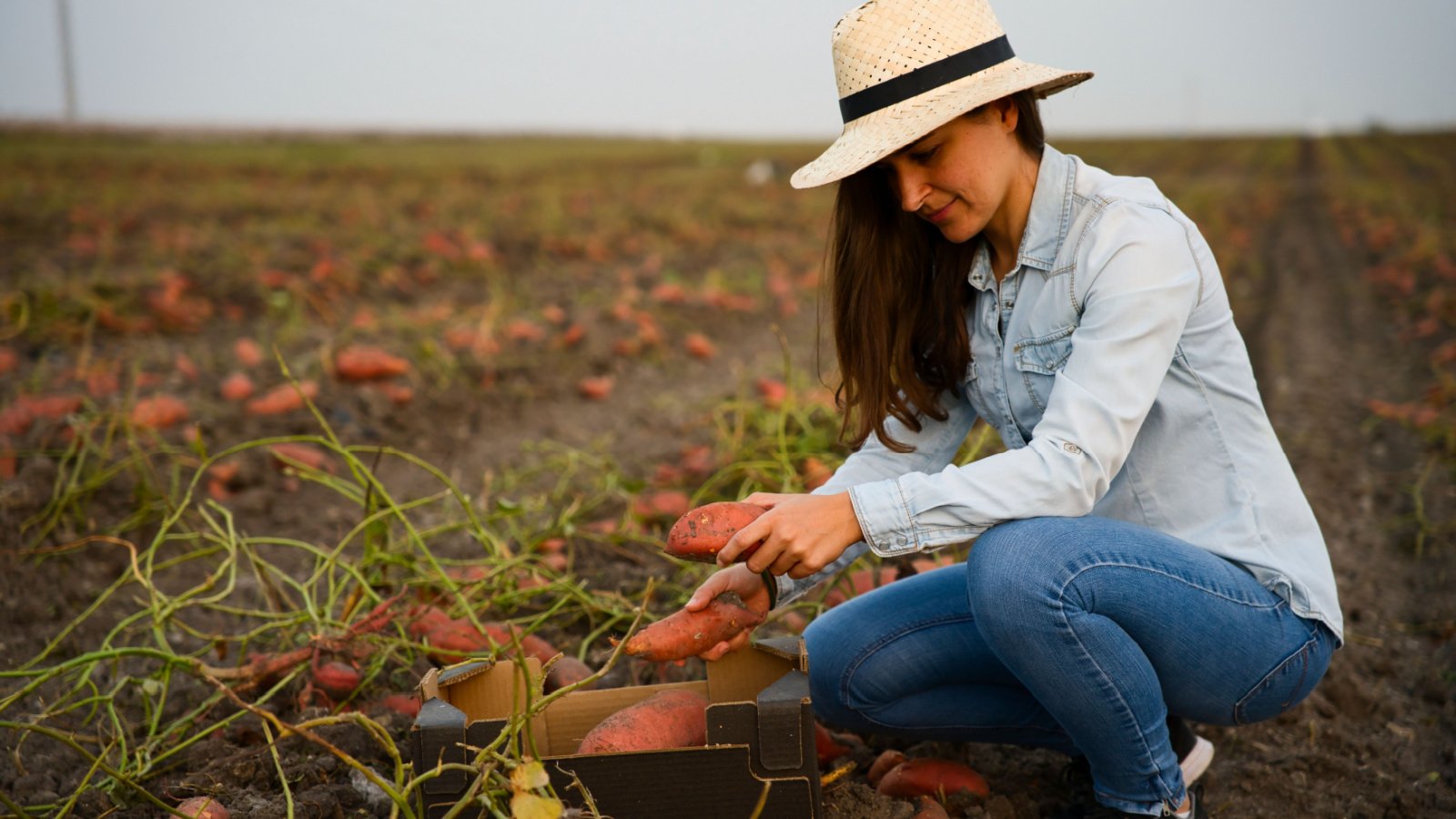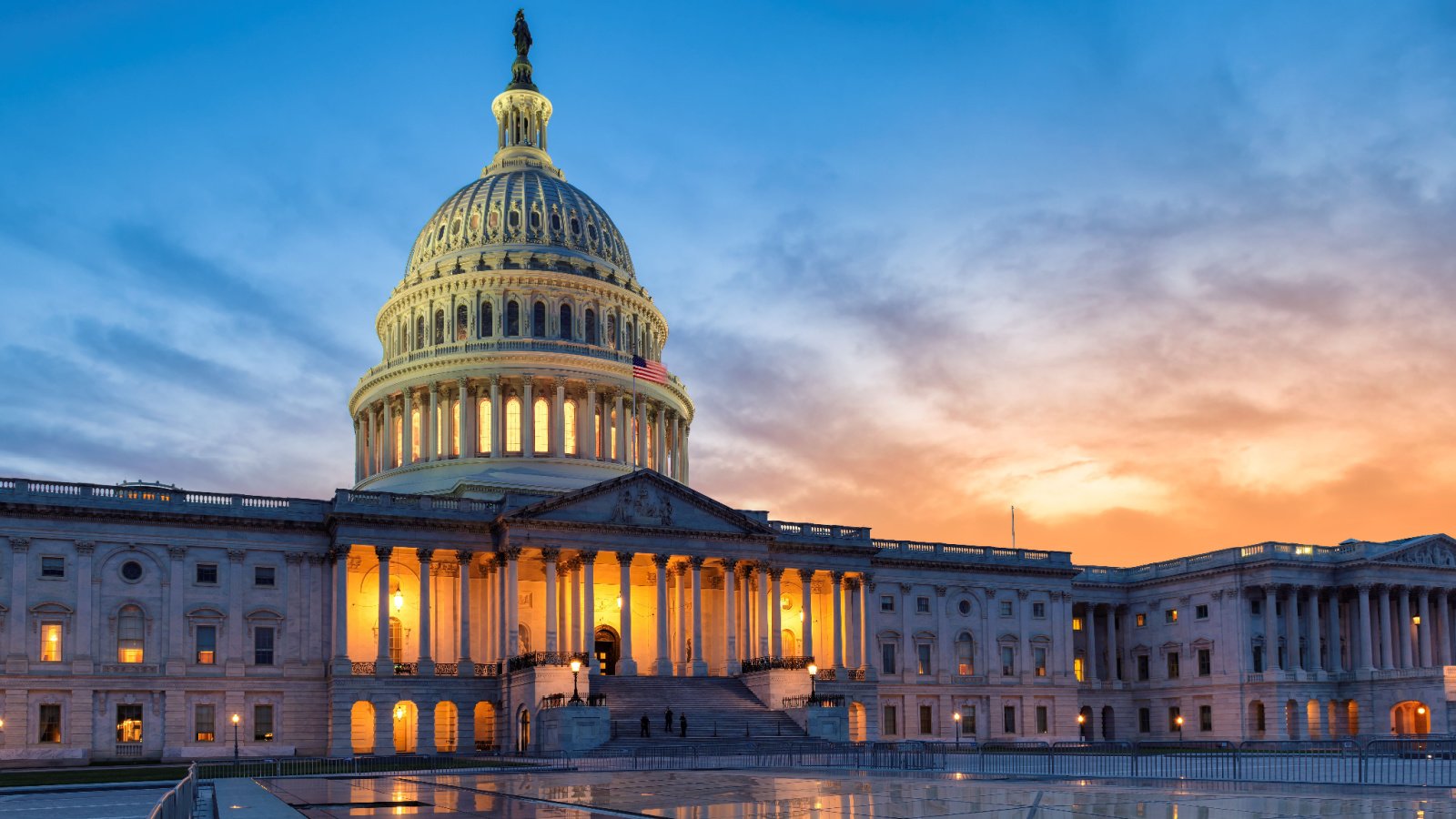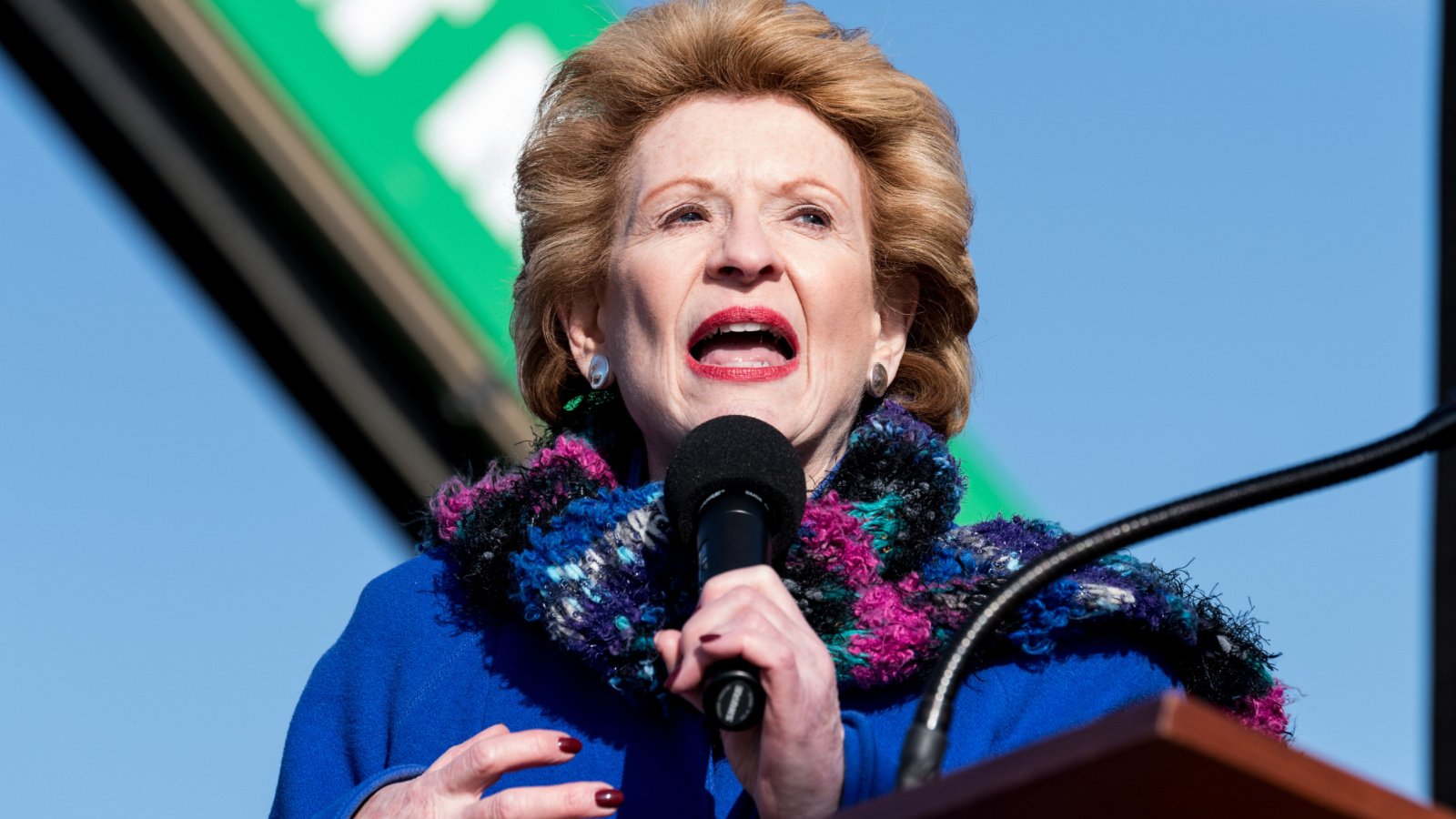Agriculture and food policy directly affects the lives and livelihoods of over 40 million food assistance recipients, millions of farmers and ranchers and adjacent industries, and residents of rural communities. Every five years or so, these industries are left hanging in the lurch as the fluctuating makeup of the agriculture committees negotiates their respective government programs. This year, it is most likely that no change will come from the newest farm bill negotiation, as the head negotiator in the Senate, retiring Democratic Senator Debbie Stabenow from Michigan, has drawn a hard line repelling any compromise on her legacy issues and has moreover signaled her comfort with hanging on for five more years under the current 2018 Farm Bill, signed into law by former President Donald Trump.
Stabenow’s Firm Stance on the Farm Bill

Specifically, Senator Stabenow does not plan to compromise with Republican demands for cuts in climate funding and social safety net programs within the new farm bill. This marks the first time Stabenow publicly expressed a preference for extending the current farm bill over compromising on these critical issues.
The Impasse in Negotiations

For several months, discussions around the reauthorization of the farm bill have reached a deadlock, with both parties unable to agree on various aspects, especially climate funding and food assistance programs. Stabenow has been vocal in private discussions about the importance of these elements to her legacy, especially as she approaches retirement at the end of this term.
Programs Covered by Farm Bill

The 2018 Farm Bill, like all farm bills, reauthorized programs for about five years, including policies related to agriculture, nutrition (including the Supplemental Nutrition Assistance Program ((SNAP)), formerly food stamps), conservation, and rural development, among other areas.
Climate and Supplemental Food Assistance Programs at Risk

Stabenow’s commitment to preserving climate and food aid funding in the farm bill has been unwavering. Despite ongoing discussions that have failed to yield an agreement, Stabenow has highlighted these components as non-negotiable.
Stabenow’s Public Declaration

During an event focused on combating hunger at the White House, Stabenow clarified her opposition to any Republican efforts restricting future updates to the Thrifty Food Plan. This plan underpins the Supplemental Nutrition Assistance Program (SNAP), a crucial anti-hunger initiative in the United States. Updates to the Thrifty Food Plan would be similar to a cost-of-living adjustment. Still, the amount of food assistance available would be tied to the current cost of food established by a baseline nutrition cost per person calculated by the USDA.
Continuing the 2018 Farm Bill Policies

Stabenow expressed her willingness to maintain the policies established by the 2018 farm bill, emphasizing its effectiveness and her pride in its achievements. Her stance suggests a readiness to forgo a new bill rather than compromise on key issues.
Republican Perspective on SNAP Benefits

Republicans have argued that their proposed restrictions on the Thrifty Food Plan updates would not affect the existing SNAP benefits, which support over 40 million low-income Americans. However, Stabenow remains firm in her refusal to accept any reductions in support.
Stabenow’s Commitment to Food Security and Climate

Reiterating her commitment, Stabenow assured that there would be no regression in efforts to feed the nation or in the allocation of funds for climate conservation, which she deems essential.
Support from Agriculture Secretary Tom Vilsack

Agriculture Secretary Tom Vilsack showed his support for Stabenow’s stance during the White House meeting, acknowledging her resilience and dedication to ending hunger and building healthy communities.
Outreach to House Democrats

Stabenow has been proactive in reaching out to House Democrats, particularly those in vulnerable positions, urging them to resist Republican proposals that would divert funding from climate initiatives to other farm bill priorities.
The House’s Approach to the Farm Bill

G.T. Thompson, the House Agriculture Committee Chair from Pennsylvania, who is a Republican, plans to push forward a farm bill through his committee soon. The current authorization for the farm bill is due to expire by the end of September 2024, adding urgency to these discussions.
The Debate Over Priorities

The standoff between Stabenow and her Republican counterparts centers on allocating resources within the farm bill. Republicans propose reallocating funds from climate and other agricultural initiatives to support farm programs and bipartisan priorities.
Stabenow’s Legacy and Environmental Commitment

As Stabenow nears the end of her congressional career, her legacy appears increasingly tied to her efforts to secure funding for climate initiatives and protect social safety nets. Her stance on the farm bill reflects a broader commitment to these values.
The Path Forward

With the expiration of the current farm bill looming, the path forward remains uncertain. Stabenow’s firm stance and the ongoing impasse in negotiations suggest a challenging road ahead for the reauthorization of the farm bill.
Sticking to Principles

In conclusion, Stabenow’s unwavering position against Republican demands signifies a critical moment in the negotiations over the farm bill. Without compromise, it is likely that Congress will be forced to extend the current 2018 Farm Bill unless an unforeseen deal can be reached.








好文!2026年世界杯越来越近了,让我们共同期待这场全球足球盛宴。日期:2025-11-15 08:35:47 (-03)。
Awesome post! Join the fun at https://ws-jtl-whatsapp.com Create and manage group chats with ease on WhatsApp Web. . Date: 2026-01-07 00:33:21 (-03).
Awesome post! Join the fun at https://wio-4whatsapp.com 藉助 WhatsApp 網頁版,您可以輕鬆創建和管理小組聊天,促進團隊合作。 . Date: 2026-01-07 08:35:40 (-03).